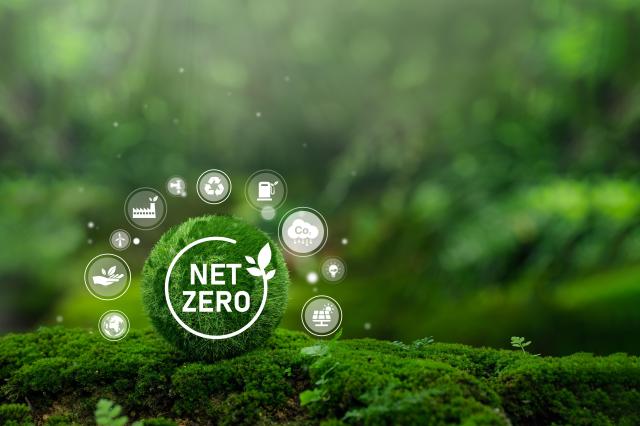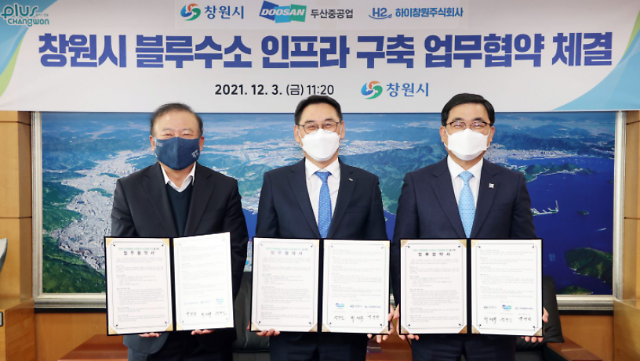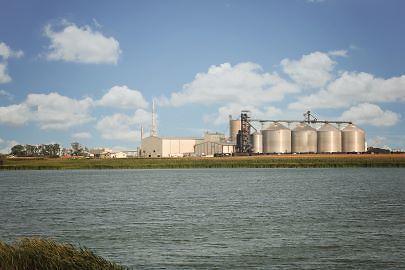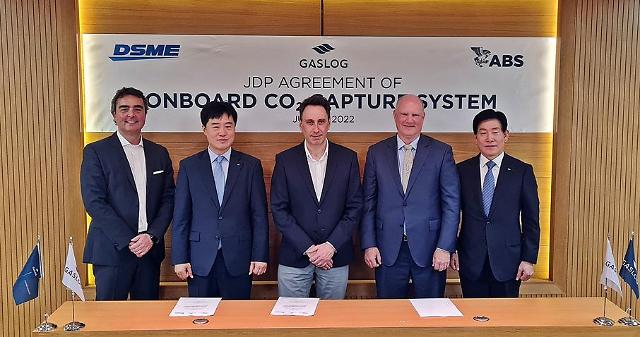
SEOUL -- Doosan Enerbility, a key player in South Korea's power industry, has partnered with Thailand's state-run power producer to provide carbon capture utilization and storage technology for factories in the Southeast Asian country. The two sides will also carry out research projects related to low-carbon power generation technologies.
Carbon capture utilization and storage (CCUS) uses special equipment to collect carbon dioxide created after burning fossil fuels or biomass before it is released into the atmosphere. The captured carbon is stored in deep geological formations or in the form of mineral carbonates. As of 2022, the carbon capture technique re-collected some 0.001 percent of global carbon emissions.
Doosan Enerbility said the company will work with the Electricity Generating Authority of Thailand (EGAT) for the adoption of CCUS technology for EGAT's plants in Thailand. The partnership also involves research cooperation in hydrogen and other renewable energy sources-based technology. "Our low-carbon power generation technologies, such as CCUS and ammonia combustion, will become alternative solutions that meet the requirements of EGAT's CCUS roadmap," Doosan Enerbility's marketing division head Kim Jung-kwan said in a statement on January 29.
The global CCUS market is expected to grow from $1.9 billion in 2020 to $7.0 billion in 2030, according to global market research firm Allied Market Research. In November 2021, South Korea's energy ministry unveiled a 1.4 trillion won ($1 billion) scheme to develop technology related to carbon capture and storage by 2030.
Copyright ⓒ Aju Press All rights reserved.





View more comments